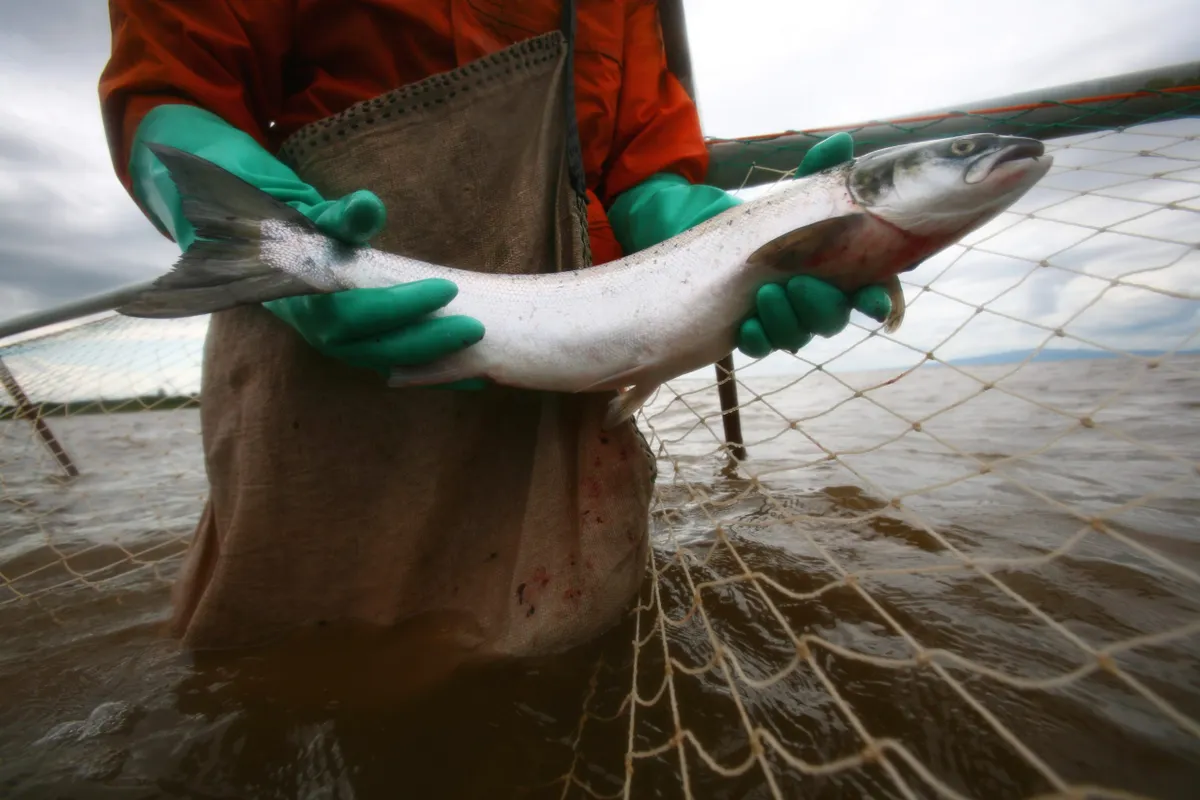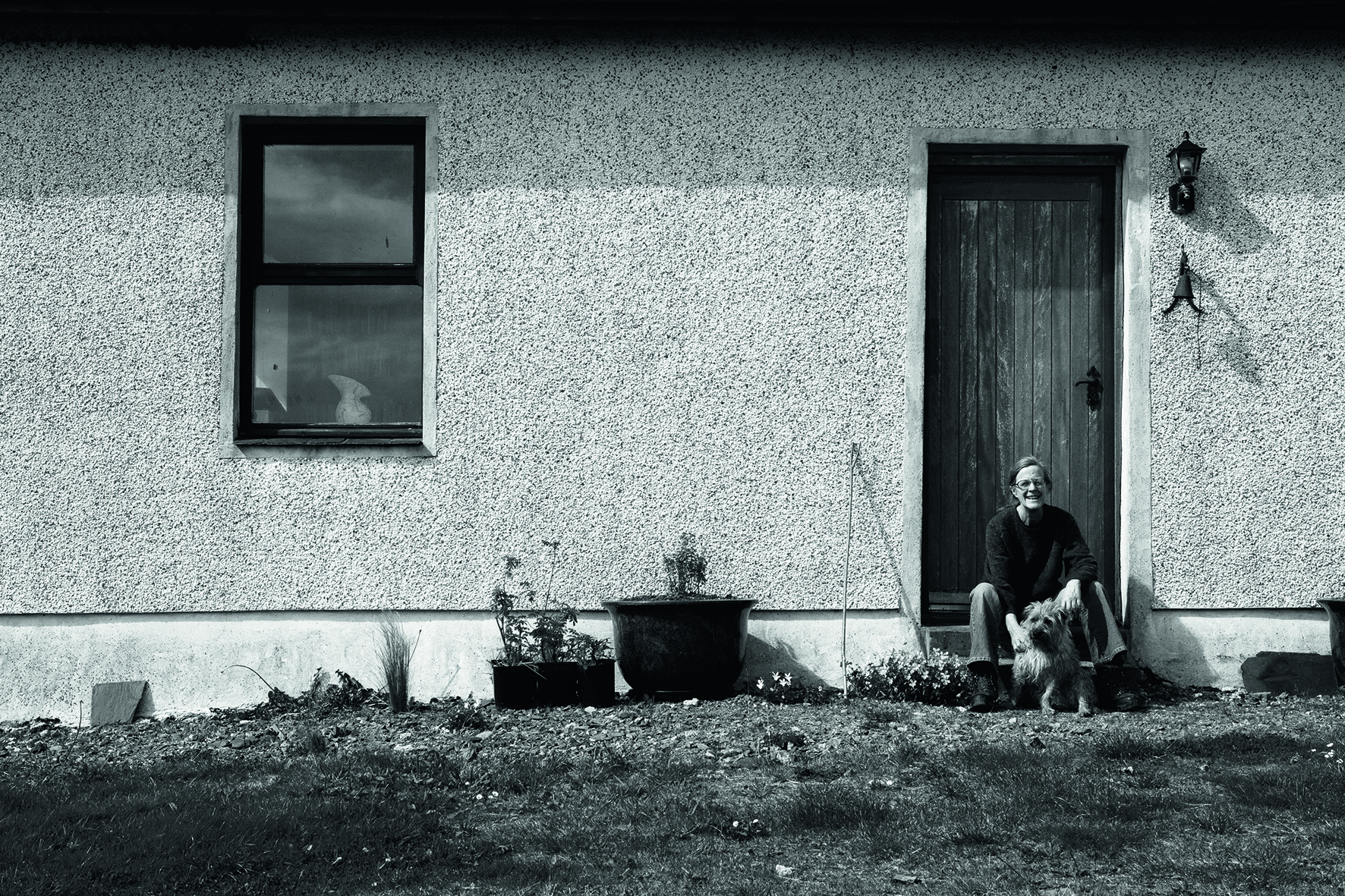Chucking plastic refuse out of your car window is clearly a bad thing; it’s not always so clear that draining peat moors to erect wind generators is a good thing. And as we struggle with complexity, it inevitably means there are going to be ‘unintended consequences’.
Concern about the falling stocks of wild Atlantic salmon is justified and an issue that needs addressing. I am, however, pretty certain that the legislation and regulations introduced to protect these fish did not intend to destroy the 1,000-year-old skill of haaf netting, but it will almost certainly prove a consequence.
Haaf netting is a technique now practiced on fewer than half-a-dozen river estuaries in the Solway Firth (which divides Cumbria from Dumfries and Galloway) and by a declining number of individuals. It was introduced by the Vikings during their occupation of the area; haaf is a Norse word meaning ‘channel’.

A haaf net is not a fixed net that you place and leave in the river to catch fish; you have to stand with this heavy and complicated bit of equipment, up to your waist in fast-flowing water and pay astonishingly good attention, because, should a salmon (or sea trout) run into your net, you have, immediately, to swing up the wooden feet to create a ‘poke’ or pocket in which the fish will be trapped.
It is deeply traditional, highly skilled and quite dangerous – the tides of the Solway are notoriously strong and fast. There is no fear whatsoever that busloads of tourists are going to stomp across the shifting sands of these estuaries and destroy the fragile environment or the salmon stock. Haaf fishing already requires a licence and is regulated. Salmon caught this way, like line-caught salmon, may not be sold or traded. Haaf netting is a sport and a tradition, not a commercial enterprise.
To protect Atlantic salmon, Scotland’s rivers are categorised according to whether they are regenerating a target percentage of their salmon. (Conservation and ecological legislation are devolved issues. The laws and regulations are often different between Scotland and the rest of the UK. All references here are to Scottish legislation.) There are sadly only 21 category-one rivers and a growing number of category-three rivers. A category-three river is meeting less than 60% of its target; the advice for such rivers is: “mandatory catch and release (all methods)”. This means that, although you may catch fish in such a river, you must immediately release them.
Although this policy doesn’t seem to be deterring fly fishing, it is reducing the number of people who engage in haaf netting, which is more laborious and possibly less ego-gratifying than landing a salmon on a cast fly. Nor can haaf-netters move to rivers with other classifications – it is a local activity, requiring local knowledge. But “all methods” includes haaf netting.
There’s a bigger question not asked often enough. What do we want to conserve? Is it species or a whole ‘landscape’? Does that and should that include anything human – historical or cultural?
I would shamelessly choose to allow haaf-netters a ‘take-home’ quota with their licence, because I think human culture is part of the environment and our ancient traditions may need protection, too. But even more, I want us to talk and
think about it.
